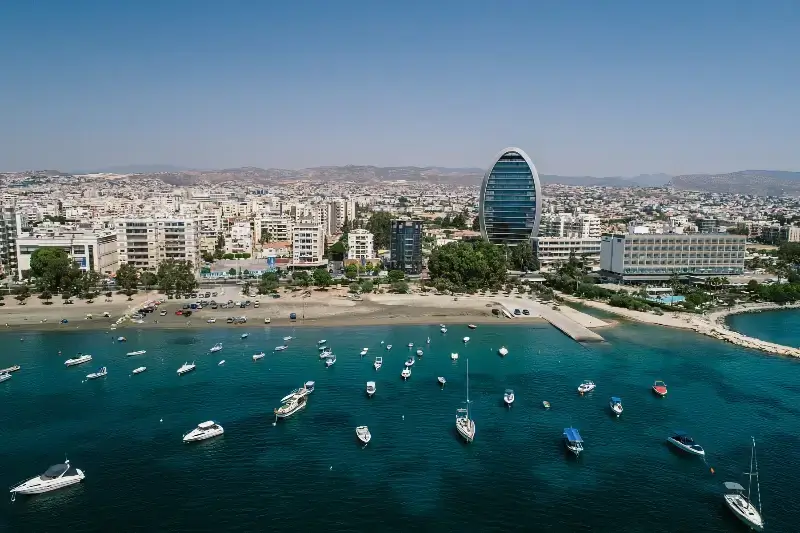The energy sector in Cyprus has historically faced challenges, but recent developments suggest that a new era of cooperation may be on the horizon. A key observation made by the newly appointed Minister of Energy highlights a pressing need for improved collaboration among energy entities responsible for ensuring the nation’s energy sufficiency and sustainability.
The Minister’s call for cooperation echoes concerns long noted by the media regarding a lack of cooperation among energy entities. This lack of synergy has hindered progress in key areas, including the green transition, natural gas usage, and the expansion of renewable energy production, as well as efforts to maintain low electricity prices and address security and stability issues within the system.
In an effort to mend these fractured relationships, the Minister has placed a high priority on restoring constructive cooperation with the Electricity Authority of Cyprus (EAC). Past attempts at collaboration have been fraught with challenges, attributed to both entities and compounded by political and economic disagreements under the previous government. Despite these obstacles, initiatives to upgrade, expand, and reorganize have laid the groundwork for EAC to become a more reliable pillar of energy in Cyprus.
The recent reshuffling of the EAC board of directors raises hopes that future cooperation will be more effective. Nonetheless, there is also a need for stronger collaboration between EAC and the Cyprus Energy Regulatory Authority (CERA), which has suffered from suboptimal interactions in the past. Although these institutions have distinct roles—with one being a regulator, another regulated, and the third an executive authority—their success is interdependent on honest cooperation.
Reinforcing this sentiment, Mr. Papanastasiou, the Minister of Energy, recently met with both the president of CERA and the new president of EAC. This meeting has come under scrutiny from various stakeholders, with some expressing concern that it might lead to unfavorable outcomes in decision-making.
Amid these dynamics, CERA’s president faced criticism from EAC unions for his transparency regarding a budgetary inquiry into electricity price increases—an issue that has been a source of public interest and controversy.
While tensions remain, there is cautious optimism that the differing policy directions recently outlined by the Minister of Energy will be embraced by all energy entities. These policies prioritize EAC’s role in facilitating the green transition, enhancing energy security, and ensuring cost-effective electricity for consumers.
As Cyprus moves forward, it is hoped that all players in the energy sector will commit to a collaborative approach, putting aside differences to implement decisions that will benefit all consumers—regardless of any potential disturbances this may cause to established norms or interests.






